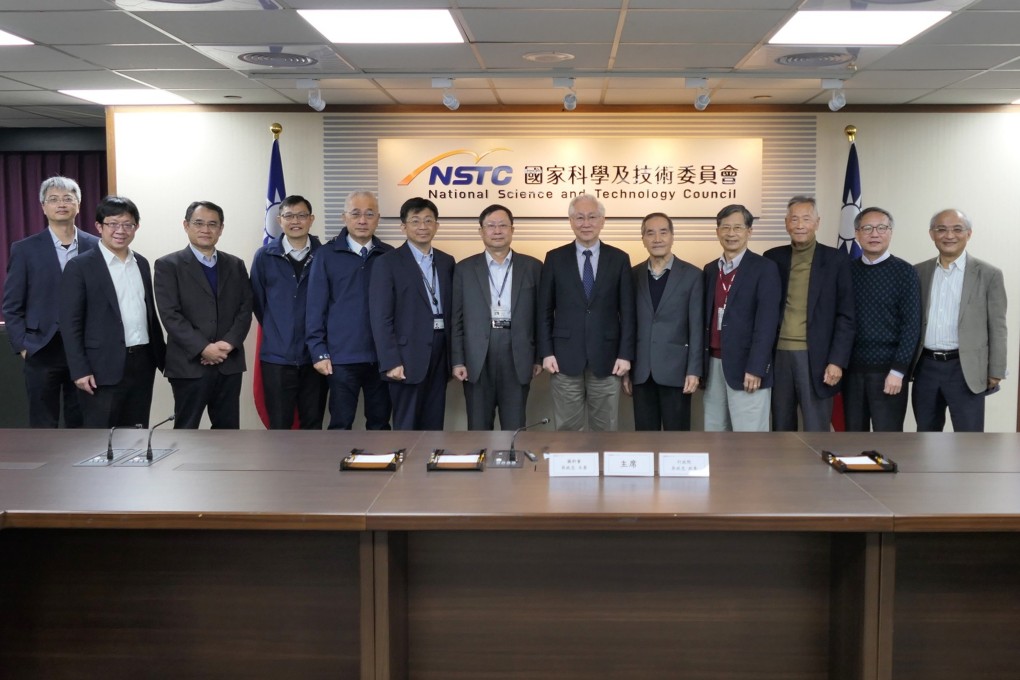Taiwan kicks off plan to advance US$150 billion semiconductor industry with talent training, research funding
- National Science and Technology Council will work with other government departments to increase training and attract talent from abroad
- Plans also call for new funds, ‘ventures’ and upgrades to key research facilities by 2035, while also developing ‘high-level international semiconductor talent’

Officials in Taiwan, the world’s biggest supplier of chips for the likes of PCs and smartphones, will step up talent training and research funding to advance the country’s already giant semiconductor industry, which is under pressure from a labour shortage and fast-moving geopolitical changes.
The National Science and Technology Council is working with other government departments to increase training, the council said in a post on its Facebook page on Thursday.
They will work to develop “high-level international semiconductor talent” in Taiwan and attract the same from abroad, the post said.
Plans for 2035 also call for new funds, “ventures” and upgrades to key research facilities, the council added.
It also added that it will “accelerate” improvements to hardware and software for semiconductor research, with particular investment on the software side.
This is a long-term play by Taiwan to … build a new kind of geopolitical edge
Research institutions will receive help to expand their “large-scale equipment”, the Facebook post said.